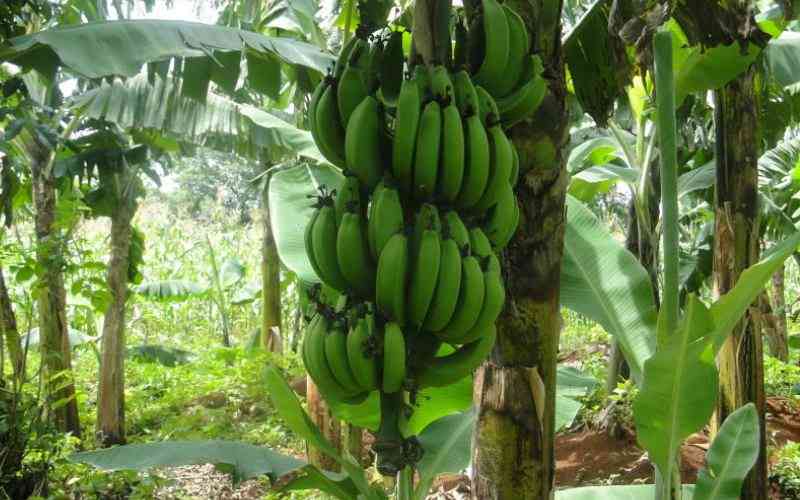×
The Standard e-Paper
Stay Informed, Even Offline

A banana farm in Siaya County. [Isaiah Gwengi, Standard]
For many years, farmers in parts of Siaya County have been growing indigenous banana varieties as cash crops or as a staple food.